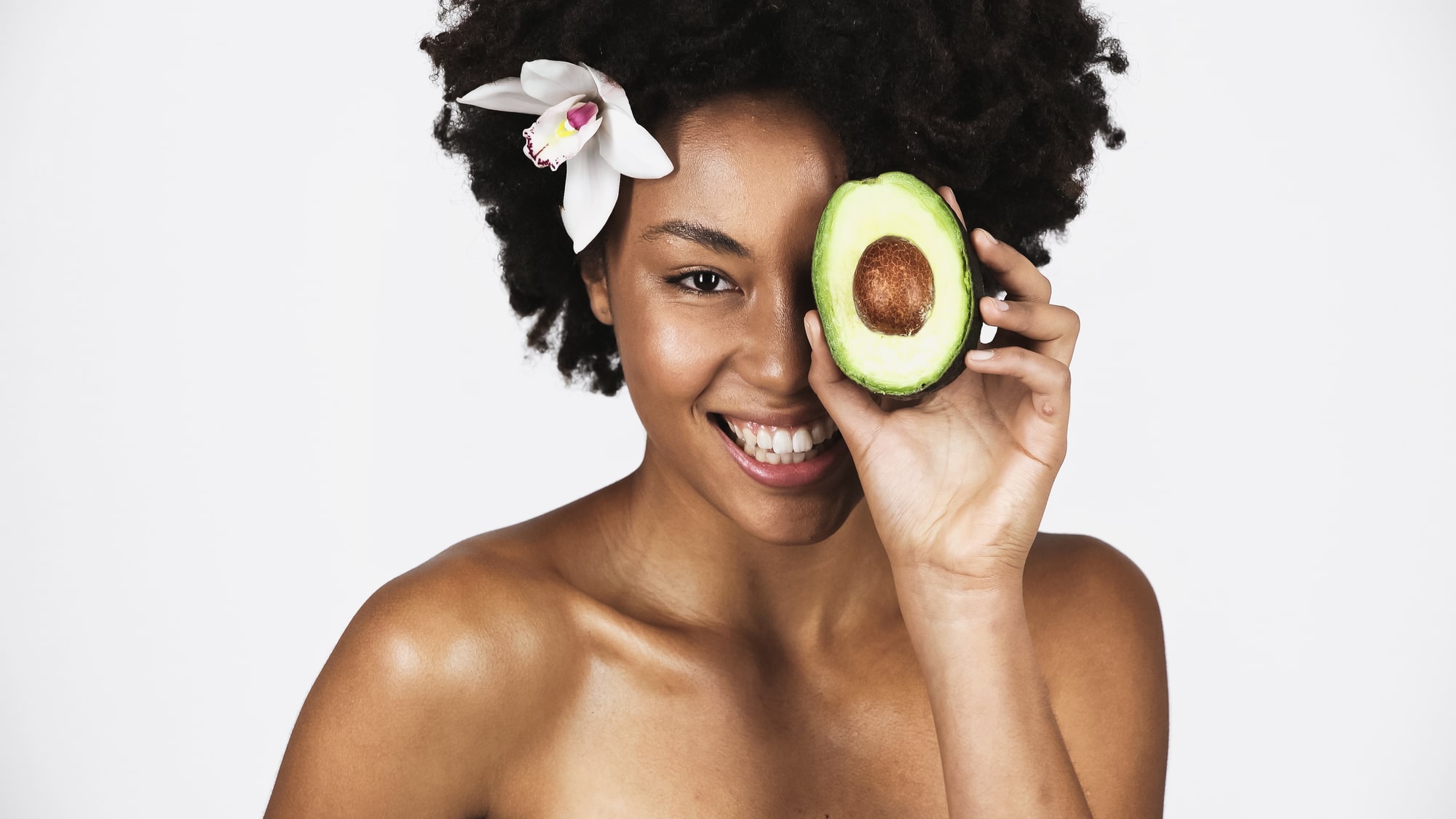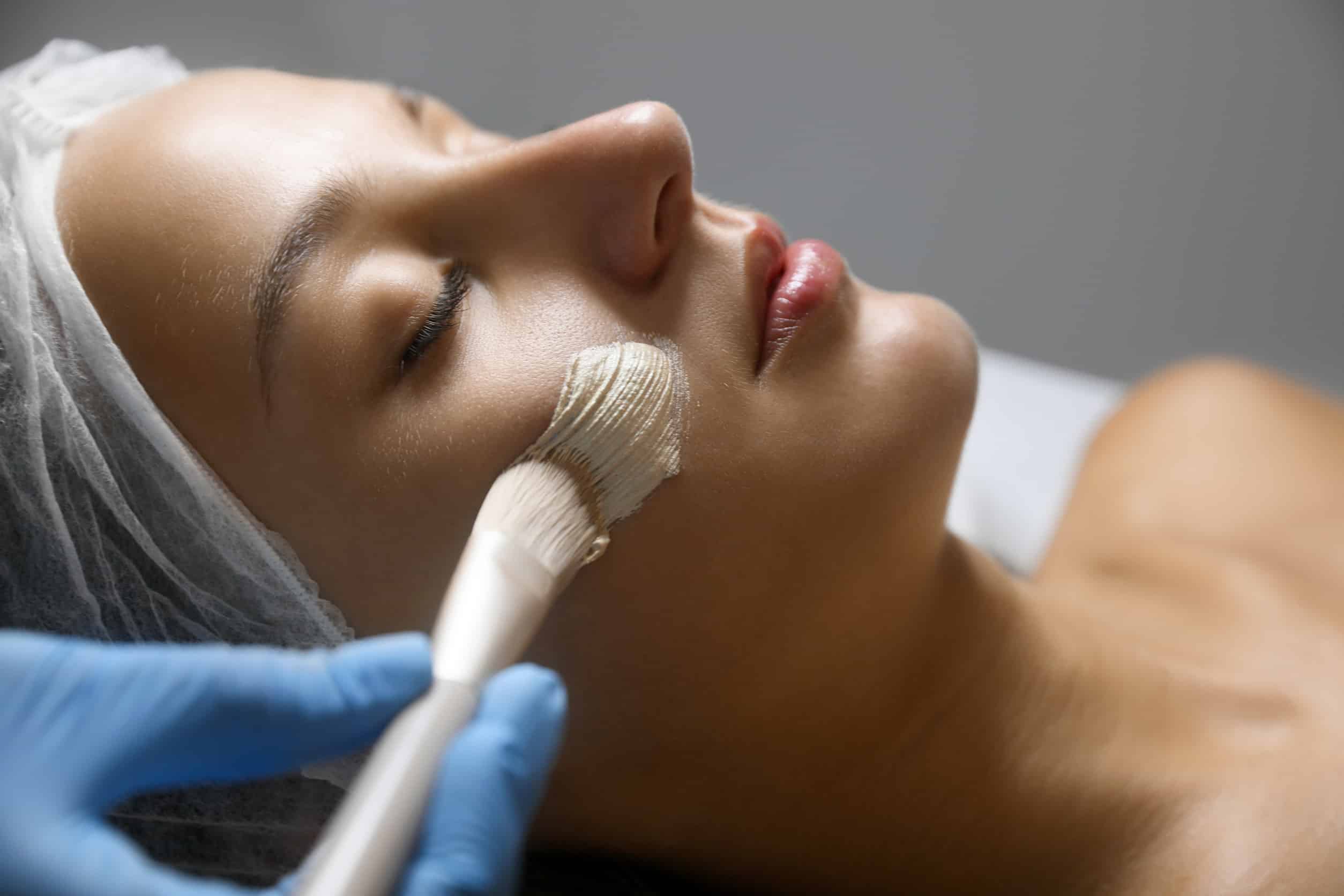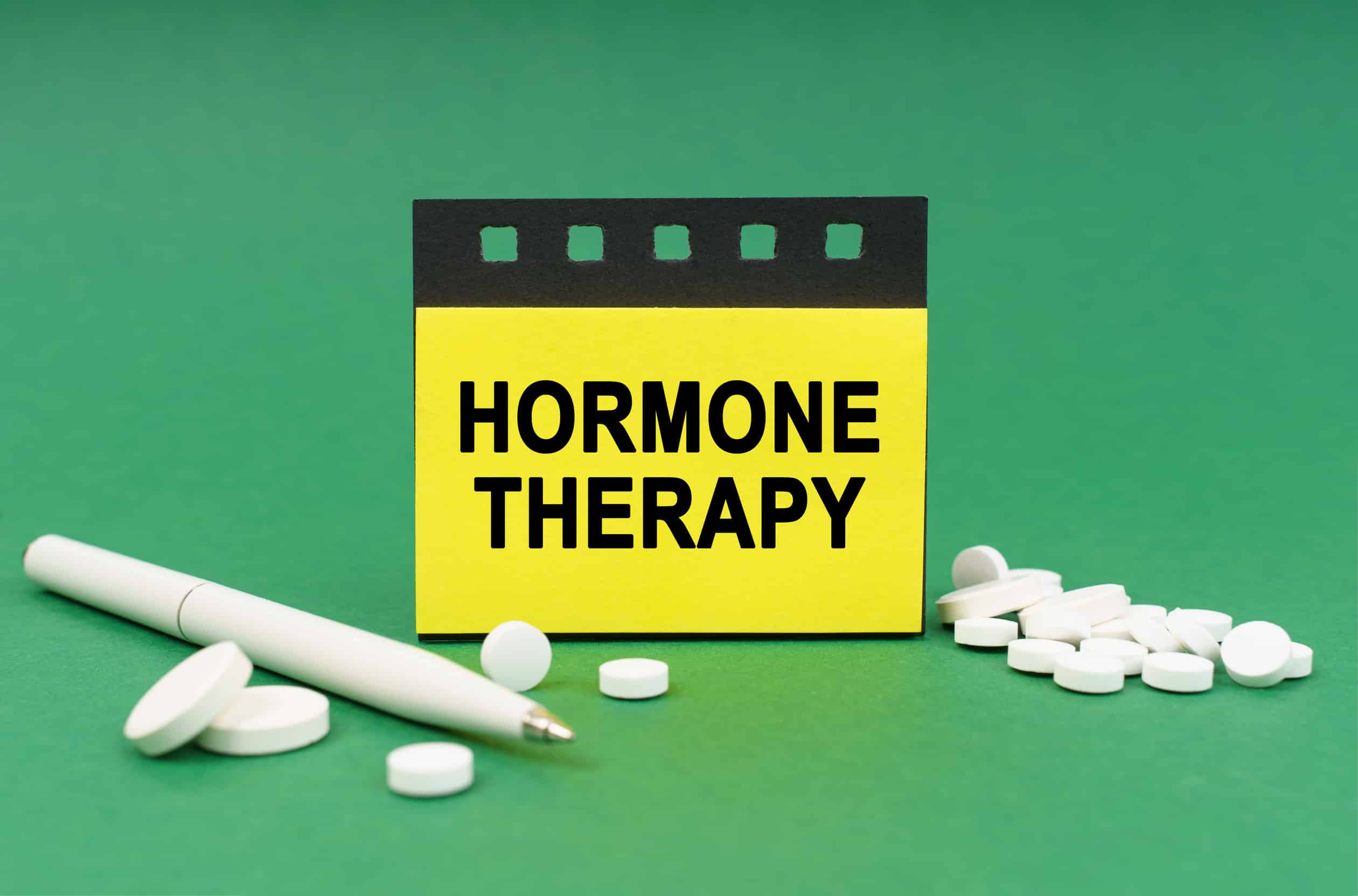Our skin is more than just a protective barrier – it’s a reflection of our overall health and nutrition. The role of nutrition in skin health can’t be overstated. What we eat directly impacts the appearance, resilience, and function of our skin. But how exactly does diet influence our largest organ? Let’s explore the fascinating connection between nutrition and skin health.
Many of us focus on topical skincare products, but true skin health starts from within. The foods we consume provide essential nutrients that nourish our skin cells, support collagen production, and protect against environmental damage. Understanding this relationship empowers us to make dietary choices that promote radiant, healthy skin from the inside out.
The Skin-Nutrition Connection
Our skin is in a constant state of renewal, shedding old cells and generating new ones. This process relies heavily on the nutrients we obtain through our diet. Key players include vitamins, minerals, antioxidants, and healthy fats.
Essential Nutrients for Skin Health
Certain nutrients play starring roles in maintaining skin health:
- Vitamin C: Crucial for collagen synthesis and protecting against UV damage.
- Vitamin E: A powerful antioxidant that helps maintain skin moisture.
- Vitamin A: Supports cell turnover and regulates oil production.
- Omega-3 fatty acids: Reduce inflammation and support skin barrier function.
- Zinc: Aids in wound healing and regulates oil production.
A diet rich in these nutrients can help keep your skin looking its best. For example, research has shown that certain antioxidants like lycopene, beta-carotene, and lutein can protect against UV-induced skin damage. Additionally, incorporating foods rich in ascorbic acid can help combat oxidative stress, further protecting your skin.
The Gut-Skin Axis
Emerging research suggests a strong link between gut health and skin health, often referred to as the gut-skin axis. A balanced diet that supports a healthy gut microbiome may also benefit your skin.
Fermented foods like yogurt, kefir, and sauerkraut contain beneficial bacteria that can support both gut and skin health. These foods may help reduce inflammation and improve skin conditions like acne and eczema. Maintaining a healthy gut can contribute to overall skin integrity and a more youthful appearance.
Nutrition’s Impact on Common Skin Concerns
The role of nutrition in skin health extends to addressing specific skin issues. Let’s look at how diet can influence some common skin concerns:
Acne
While the link between diet and acne has been debated, recent studies suggest that certain foods may indeed influence acne development. A diet high in refined carbohydrates and sugary foods may exacerbate acne by increasing inflammation and oil production.
On the flip side, foods rich in zinc and omega-3 fatty acids may help reduce acne. One study found that oral zinc supplementation improved acne symptoms, though more research is needed in this area. Proper hydration is also crucial for managing acne, as adequate water intake supports the body’s natural detoxification processes.
Aging Skin
When it comes to combating skin aging, nutrition plays a crucial role. Antioxidants are particularly important in protecting against free radical damage that can lead to premature aging. Berries and tomatoes are great sources of antioxidants.
Vitamin C, found in citrus fruits and leafy greens, is essential for collagen production. Research has shown that UV exposure can break down collagen, leading to premature skin aging. A diet rich in vitamin C can help counteract this effect.
Dry Skin
Proper hydration is key for maintaining skin moisture, but certain nutrients can also help combat dry skin from the inside out. Omega-3 fatty acids, found in fatty fish like salmon, help maintain the skin’s lipid barrier, preventing moisture loss.
Superfoods for Skin Health
While a balanced diet is key, certain foods stand out for their skin-boosting properties. Here’s a quick rundown of some superfoods for skin health:
| Food | Key Nutrients | Skin Benefits |
|---|---|---|
| Berries | Vitamin C, Antioxidants | Protect against free radical damage, support collagen production |
| Fatty Fish | Omega-3 Fatty Acids | Reduce inflammation, support skin barrier function |
| Sweet Potatoes | Beta-carotene | Converted to Vitamin A, supports cell turnover |
| Green Tea | Polyphenols | Protect against UV damage, may reduce skin redness |
Incorporating these foods into your diet can provide your skin with a variety of beneficial nutrients. Remember to choose a variety of colorful fruits and vegetables to ensure you’re getting a wide range of antioxidants.
The Role of Hydration in Skin Health
We can’t discuss the role of nutrition in skin health without addressing hydration. Water is essential for maintaining skin elasticity and promoting a healthy glow. Aim for at least 8 glasses of water a day, and consider foods with high water content like cucumbers and watermelon to boost your hydration.
Nutritional Supplements for Skin Health
While a balanced diet should be the primary source of nutrients, supplements can sometimes play a supportive role in skin health. However, it’s crucial to consult with a healthcare provider before starting any supplement regimen.
Some supplements that may benefit skin health include:
- Collagen peptides.
- Fish oil.
- Vitamin D.
- Probiotics.
Remember, supplements should complement, not replace, a healthy diet. It’s always best to obtain essential nutrients from whole food sources whenever possible.
The Impact of Processed Foods on Skin Health
Just as certain foods can benefit our skin, others can have negative effects. Highly processed foods, often high in sugar and unhealthy fats, may contribute to skin issues.
A study published in the American Journal of Clinical Nutrition found that a diet high in processed foods was associated with increased skin aging. The researchers suggested that the high glycemic load of these foods may damage collagen and other skin-supporting proteins. Reducing your intake of processed foods and opting for whole, nutrient-dense options can have a positive impact on your skin health.
Nutrition for Different Skin Types
The role of nutrition in skin health can vary depending on your skin type. Here are some dietary considerations for different skin types:
Oily Skin
If you have oily skin, focus on foods that help regulate oil production. Zinc-rich foods like pumpkin seeds and lean meats may be beneficial.
Also, consider reducing your intake of dairy and high-glycemic foods, which some studies suggest may exacerbate oily skin. Choosing foods that support gut health, such as those rich in probiotics, may also help balance oil production.
Dry Skin
For dry skin, emphasize foods rich in healthy fats. Avocados, nuts, and olive oil can help nourish your skin from the inside out. Don’t forget to stay well-hydrated.
Sensitive Skin
If you have sensitive skin, focus on anti-inflammatory foods. Leafy greens, berries, and fatty fish can help calm inflammation and support skin health. Paying attention to your diet and identifying potential triggers for sensitivity can help you maintain a clear and comfortable complexion.
The Connection Between Diet and Skin Conditions
Certain skin conditions may be influenced by diet. While nutrition shouldn’t replace medical treatment, it can play a supportive role in managing these conditions:
Psoriasis
Some studies suggest that an anti-inflammatory diet may help manage psoriasis symptoms. Foods rich in omega-3 fatty acids and antioxidants may be particularly beneficial. Incorporating these foods into your diet can potentially reduce inflammation and improve the appearance of psoriasis plaques.
Eczema
For those with eczema, certain foods may trigger flare-ups. Common culprits include dairy, eggs, and nuts. Keeping a food diary can help identify potential triggers.
Meanwhile, foods rich in vitamin E and omega-3s may help soothe inflammation. Consulting with a dermatologist or registered dietitian can provide personalized guidance on dietary modifications to manage eczema.
FAQs about The Role of Nutrition in Skin Health
What nutrient helps keep skin healthy?
Several nutrients play crucial roles in maintaining skin health. Vitamin C is particularly important as it’s essential for collagen production, which gives skin its structure and elasticity. Other key nutrients include vitamin E, which acts as an antioxidant, and omega-3 fatty acids, which support skin barrier function.
Why is nutrition important when it comes to skin integrity?
Nutrition is vital for skin integrity because it provides the building blocks for skin cell renewal and repair. Proper nutrition supports the skin’s barrier function, helps maintain hydration, and provides antioxidants that protect against environmental damage. Without adequate nutrition, the skin may become dry, fragile, and more susceptible to damage and premature aging.
Does proper nutrition help keep the skin healthy?
Absolutely. Proper nutrition is fundamental to maintaining healthy skin. A balanced diet rich in vitamins, minerals, and antioxidants supports skin cell function, helps protect against UV damage, and promotes skin hydration. Conversely, a poor diet lacking in essential nutrients can lead to various skin issues and accelerate skin aging.
Conclusion
The role of nutrition in skin health is undeniable. What we eat directly impacts the health, appearance, and function of our skin. By focusing on a balanced diet rich in vitamins, minerals, and antioxidants, we can nourish our skin from the inside out.
Remember, while topical skincare products have their place, true skin health starts with what’s on our plates. By understanding the connection between nutrition and skin health, we can make informed dietary choices that support radiant, healthy skin for years to come.
Ultimately, the path to glowing skin involves more than just creams and serums – it’s about nourishing our bodies with the right foods. So next time you’re planning your meals, consider not just how they’ll taste, but how they’ll feed your skin too.




